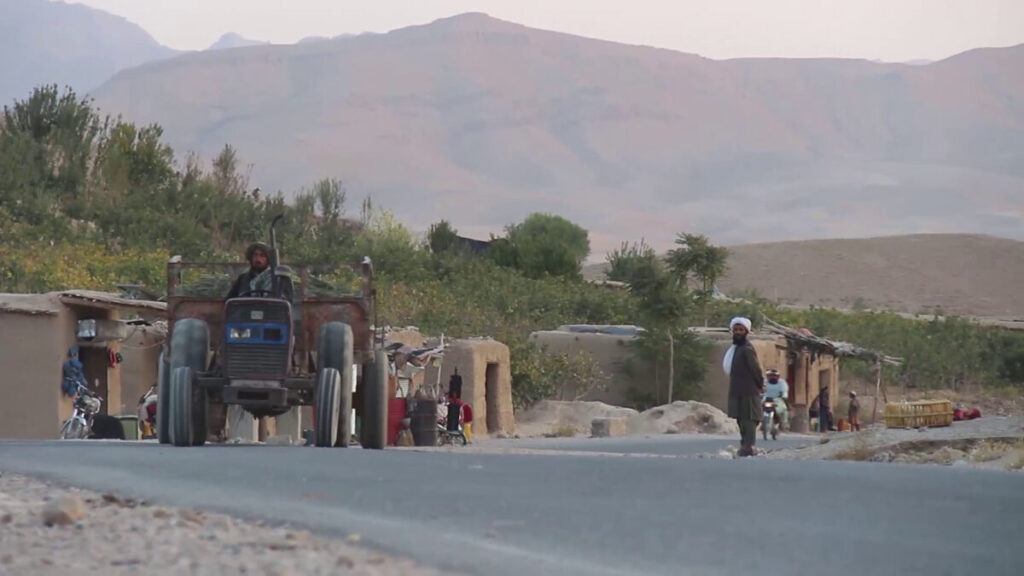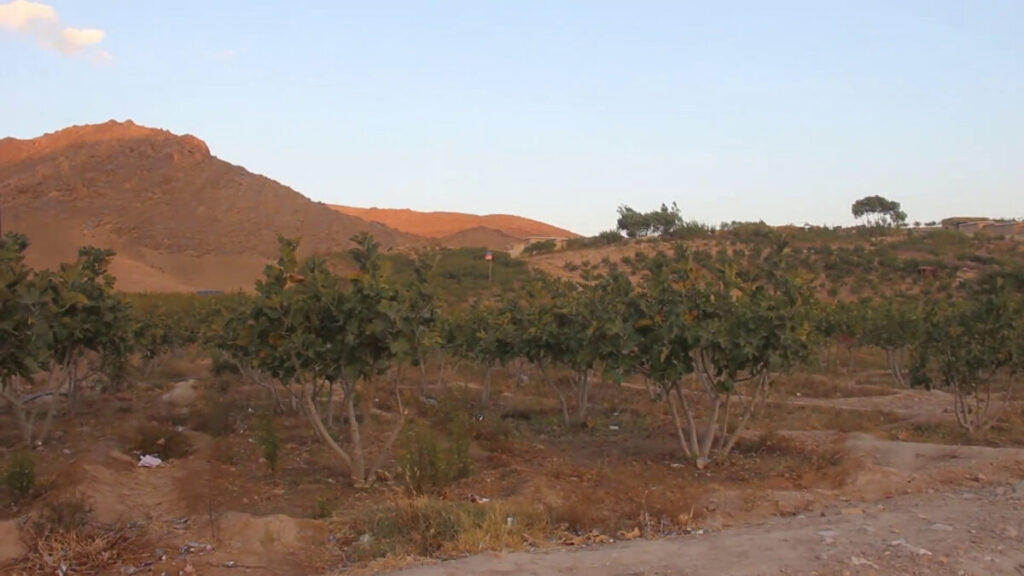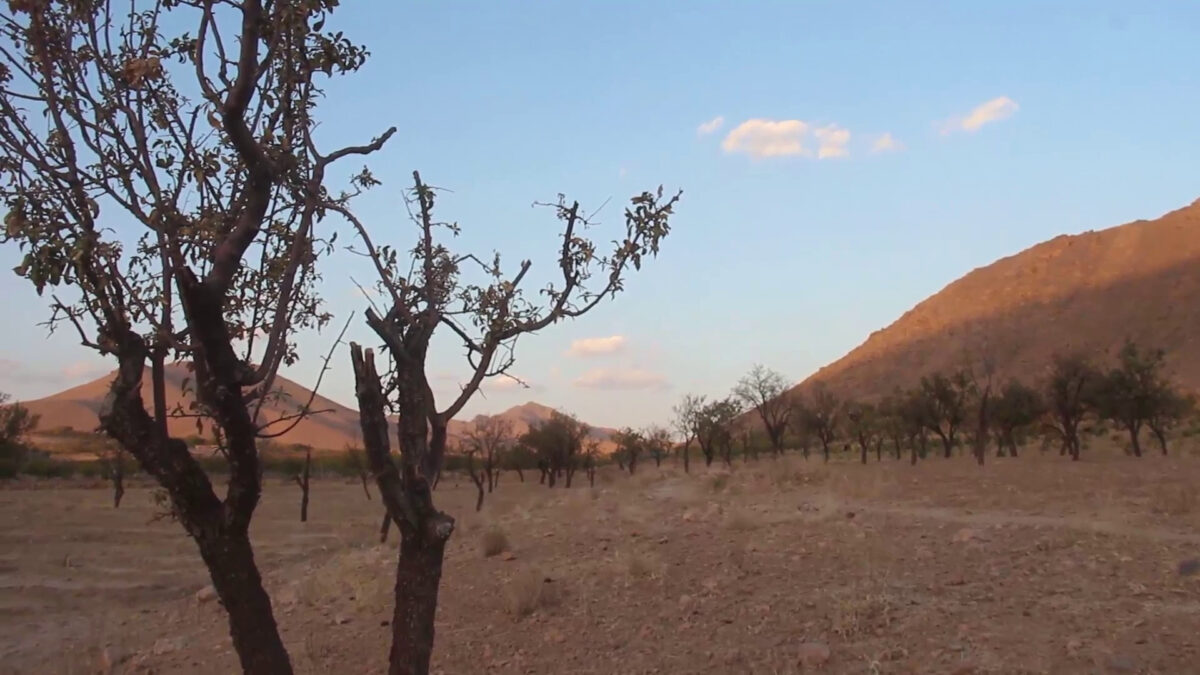Residents of Zabul province in southern Afghanistan are facing an agricultural crisis, with diminishing underground water levels adversely impacting the region’s farming output, particularly in the Mizan district located 60 km from the provincial center.
Local inhabitants revealed that the province is currently grappling with a pronounced drought, leading to the depletion of underground water sources. As a consequence, water wells, as well as pomegranate and fig orchards, stand desiccated, severely affecting agricultural lands.
Sayyed Mohammad, a Mizan district resident, lamented the dire situation, stating, “We have figs and pomegranate farmlands, and we have thousands of trees here, but we lack water, and those who worked here have started daily wage jobs. The farmlands have been dried up.”
Farmers and residents are forced to travel significant distances, spending hours irrigating their lands while relying on daily labor for sustenance. The scarcity of water has prompted the use of barrels to transport water to homes.

Expressing the gravity of the situation, Mohammad Anwar, a resident of Mizan-Zabul district, remarked, “There was no water. We did not have water in the village. The underground water level is so low that we could not find water anymore.”
Residents fear that if the issues of drought and water shortage persist, they may be compelled to abandon their homes and lands. They believe that rebuilding the Makrak Dam could be a lasting solution to mitigate dehydration and drought concerns.

Taliban officials in Zabul acknowledged the problem, stating that underground water levels have dropped by 5 meters. In response, they announced plans to construct 12 dams for effective water management. Abdul Karim Zulfiqar, the Taliban’s head of Tarnak marine sub-district, stated, “We have plans to build dams in various districts, including Naw Bahar and Dai Chopan.”
The region has suffered additional setbacks, with several dams, including the Mukarak Dam, being destroyed due to recent floods in the province. The combination of these challenges poses a formidable threat to the agricultural landscape of Zabul, demanding urgent attention and sustainable solutions.




